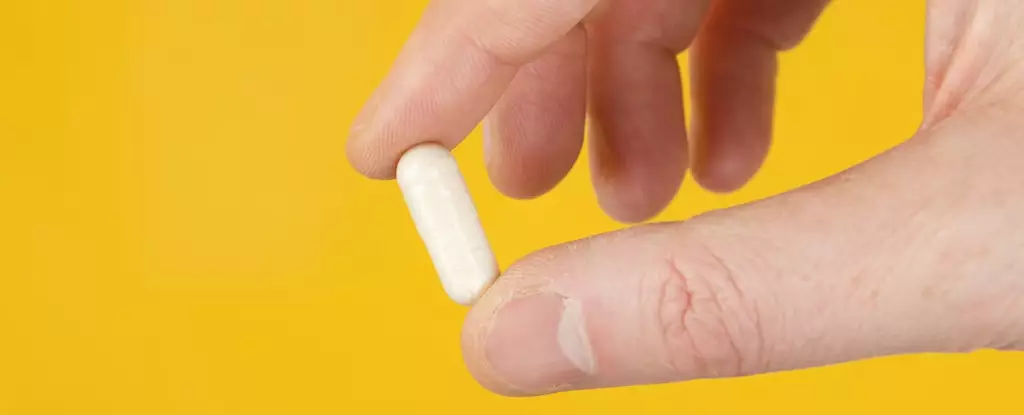The placebo effect has long been a subject of fascination for psychologists and medical professionals alike. The idea that a simple sugar pill with no active ingredients can have a profound impact on a person’s health and well-being is truly mind-boggling. It challenges our understanding of the mind-body connection and opens up a world of possibilities for alternative treatments.
In a recent study conducted by psychologists at Michigan State University, researchers explored the use of placebos in reducing stress levels among volunteers who had experienced prolonged stress during the COVID-19 pandemic. The results were astonishing – even when participants were fully aware that they were taking a placebo, they still experienced a significant decrease in stress, anxiety, and depression compared to those who received no treatment at all.
The implications of these findings are profound. The idea that a simple intervention, such as a placebo pill, could have such a significant impact on mental health is revolutionary. It opens up new possibilities for treating individuals struggling with stress and anxiety, especially those who may not have access to traditional mental health services. The scalability potential of remotely administered non-deceptive placebos is also worth noting, as it could help reach a larger population of individuals in need.
While the exact mechanisms behind the effects of non-deceptive placebos are still not fully understood, researchers have proposed several theories. These include implicit expectations, conditioning from prior experience with active treatment, and embodied cognition. It is clear that the placebo effect is a complex phenomenon that involves both psychological and physiological factors working together to produce positive outcomes.
Despite the promising results of the study, some researchers argue that more evidence is needed before placebos can be used as a viable treatment option. The small sample size and short-term nature of the study raise questions about the long-term effectiveness of placebos in treating mental health conditions. While placebos may be useful as a control in clinical trials, further research is essential to confirm their therapeutic value.
The placebo effect continues to be a topic of intrigue and debate in the field of psychology. The ability of a simple sugar pill to produce real, tangible effects on a person’s mental health challenges our understanding of the mind’s power over the body. While more research is needed to fully grasp the mechanisms behind the placebo effect, the findings of studies like these open up new possibilities for treating stress and anxiety in a non-traditional way.


Leave a Reply